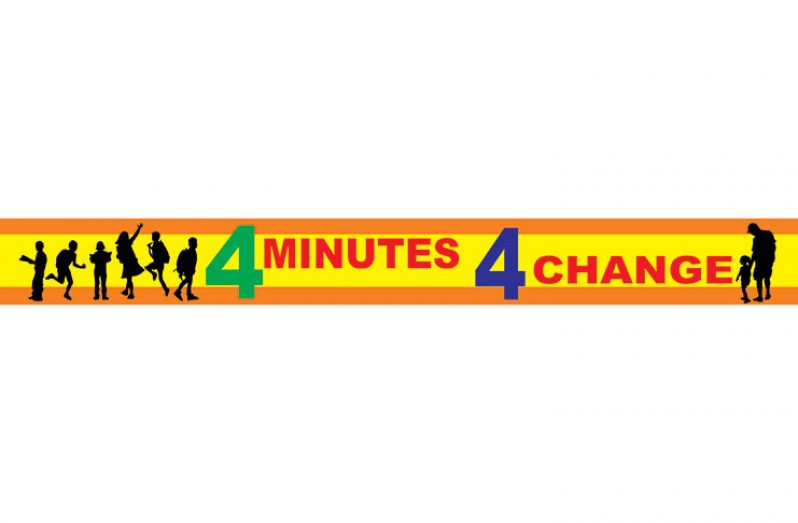ARE you a parent or someone who cares for children on a regular basis? Then you are part of a unique group of people who have a humongous task ahead of you, because you have been tasked with raising the next generation. You can take your task lightly or you can really get involved in what it takes to raise the children of today. In order to get involved, you must firstly take an honest look at yourself and do a self-evaluation. The reason you need to evaluate yourself is because every aspect of your interaction with the child (or children) in your care is making a very significant factor in his/her development.
See how well you answer the questions listed below. You may be on point or you may be failing in some areas of your interaction with children in your care. If you are failing, don’t worry, it is a new year and there’s time for improvement.
1) Do you think children should be?
a) Seen and heard
b) Seen and not heard
c) Heard and not seen
2) What do you think children need most of all?
a) Activities to keep them occupied
b) Activities to keep them distracted
c) Activities to help them learn
3) Do you speak to children as if:
a) You know better than them, so they should listen and accept what you say
b) You need them to listen and respond where, when and if applicable
c) Children should know (and be kept in) their place
4) When a child does something wrong or out of character do you
a) Reprimand him/her about his/her behavior?
b) Let the child know that he/she is bad?
c) Let the child know that if he/she carries on this way, they will amount to nothing?
5) When a child does something to disappoint you, do you:
a) Make the child feel ashamed by shouting and scolding the child?
b) Explain to the child the expected behaviour and why you are disappointed?
c) Tell the child he/she should be more like his/her sister, brother, (or some other ‘model’ child)?
6) Which of the following do you think is most important for child development?
a) For parents to give attention, affection and be understanding
b) For parents to show love and tolerance for each other
c) For parents to provide pocket money and treats
ANSWERS
1 a) Children should be given the freedom to be seen and heard by adults and caregivers every day. This will aid in their development and self-confidence.
2 c) Activities that help a child learn can be just as much fun as video games, but they are far more beneficial to a child’s development and intellect– and they’re definitely less addictive.
3 b) Mutual respect should exist between adult and child regardless of the child’s age. Adults should not speak down to, or seek to belittle children in any way.
4 a) Children are not ‘bad’ and adults should never brand them ‘a failure’ because of bad behaviour. Bad behaviour can be rectified. Therefore, reprimanding a child is best.
5 b) Children sometimes need to be ‘pulled up,’ but comparing them to other children or making them feel shame is not the answer. A few chosen words in the right tone fosters understanding and can make all the difference.
6 a) Children strive best when they receive attention and affection from their parents. When parents are open-minded and understanding it is an added bonus.
Raising the next generation is really a job for the nation, you don’t have to be a caregiver to genuinely have the best interest of children at heart. Keep your eyes and ears open for children and give them a helping hand in any way you can.
If you are concerned about the welfare of a child, ring the Childcare and Protection Agency Hotline on 227 0709 or write to us at childcaregy@gmail.com
A message from the Childcare and Protection Agency, Ministry of Social Protection




.png)









